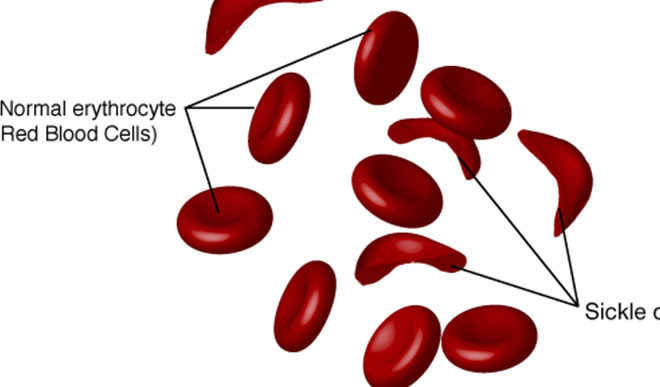NGOs sensitize students on sickle cell
As part of activities to mark this year’s Sickle Cell Day, non-governmental organisations based in the nation’s capital have carried out sensitization campaign for students of secondary schools in Abuja on the prevention and treatment of sickle cell disorder. The organisers of the event Eyum Sickle Cell Anemia Foundation (ESCAF) in collaboration with Sickle […]


As part of activities to mark this year’s Sickle Cell Day, non-governmental organisations based in the nation’s capital have carried out sensitization campaign for students of secondary schools in Abuja on the prevention and treatment of sickle cell disorder.
The organisers of the event Eyum Sickle Cell Anemia Foundation (ESCAF) in collaboration with Sickle Cell Support, and Centre for School Healthy Environmental Education and Hygiene, said the campaign was to create awareness about sickle cell disorder, its prevention and management for senior secondary school students and residents of the territory.
The founder of ESCAF, Audu Sandra Eyum, told journalists in Abuja that this year’s programme was targeted at promoting awareness of sickle cell disorder, educate students on preventive and management measures of the disease and encourage warriors (sicklers) to have a positive attitude to life as well as create database for information management and sharing.
Eyum, however, lamented the high cost for the treatment and management of sickle cell disorder, just as she stressed the importance of counselling in the management of the disease.
She maintained that the foundation would continue to serve as an advocate and change agent for services and programmes beneficial to enhancing the lives and well-being of individuals and families affected by sickle cell disease.
“Sickle cell disease is an inherited disease of red blood cells which is characterized by pain episodes (crisis) anemia, damaged to organs, and infections, severe anemia, delayed growth, skin ulcers, priapism, stroke, among others”, stressing that the best cure for now was to avoid carriers come into marriage, hence counselling was one of the major steps by the Foundation to reach-out to people.
Earlier in her remarks, a medical expert and Deputy Director in the Private Health Establishment Regulatory Committee, Health Secretariat of the Federal Capital Territory Administration, Nkechi Ezeudu, also identified lack of proper awareness as one of the major challenges of sickle cell disorder in the country.
Ezeudu, told participants that absolute faith in God and awareness remained the best option for management and prevention of the disease, stressing that the best treatment of the disease was nutrition integrated with faith.
